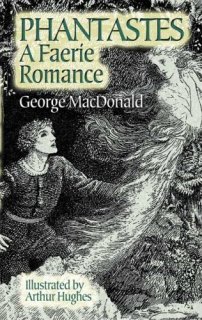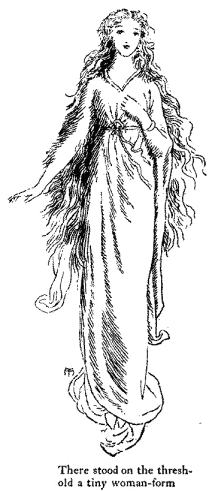 “So computers are tools of the Devil? thought Newt. He had no problem believing it. Computers had to be the tools of somebody, and all he knew for certain was that it definitely wasn’t him.”
“So computers are tools of the Devil? thought Newt. He had no problem believing it. Computers had to be the tools of somebody, and all he knew for certain was that it definitely wasn’t him.”
Good Omens is a very, very funny book, co-written by Terry Pratchett and Neil Gaiman. It covers the few days before the world ends, and in this version of the Apocalypse, everything is turned on its head. The 4 horsemen of Armageddon, for example, ride motorcycles, and one of them is named Pollution since Pestilence retired after the discovery of penicillin. There is a mix up at the hospital and the baby Antichrist gets temporarily misplaced. An angel and a demon work together to try to prevent the world from ending because, dangit, they kind of like humans and they’ve each really forged an identity on earth for themselves. After responding to a job posting in the paper, a bloke called Newt unwittingly becomes a witch hunter, then proceeds to fall in love with the first witch he comes across.
Unlike most Terry Pratchett novels I’ve read, this story does not take place in his fictional Discworld planet. It takes place in our world (mainly in England), but Pratchett’s brand of humor is still unchanged and completely recognizable. If you want to read more of my thoughts on Pratchett’s unique and wonderful style, I reviewed him very early on in my blogging days in this post.
This book is for you if: you appreciate witty, scarcastic, sometimes dark humor; you are in the mood to read something that  feels like fluff but engages your brain with its intricate funnyness; if you already like Terry Pratchett.
feels like fluff but engages your brain with its intricate funnyness; if you already like Terry Pratchett.
This book is not for you if: Monty Python’s brand of humor makes you uneasy; fictional alternate realities of the spiritual world feel sacrilegious to you; excessive sarcasm makes your skin feel scratchy (this happens to me sometimes).
Anyway folks, it’s funny. I wouldn’t call it ‘irreverent’ because it doesn’t intend to be an accurate representation of spiritual reality–it’s supposed to be a caricature. Take it with a couple grains of salt. Or maybe even a handful of salt. One thing I appreciated as a Christian is that God and Jesus are not characters in the book and are in fact rarely mentioned–Pratchett and Gaiman stay far away from them and instead really focus on characters I was comfortable laughing about such as the angel Aziraphale and the demon Crawley, who have a hilarious working relationship with one another that has developed over the centuries into something verging on true cooperation.
If the plot doesn’t sound up your alley, I still encourage you to get into Pratchett via his other novels. He’s written about a million books, so grab one from the library and try not to snort soda/water/coffee/milk out your nose.
Have any of you read Good Omens? Did you love it or hate it? And as always, I’d love to hear any book recommendations from my lovely readers since I’m always searching for something new to read.


